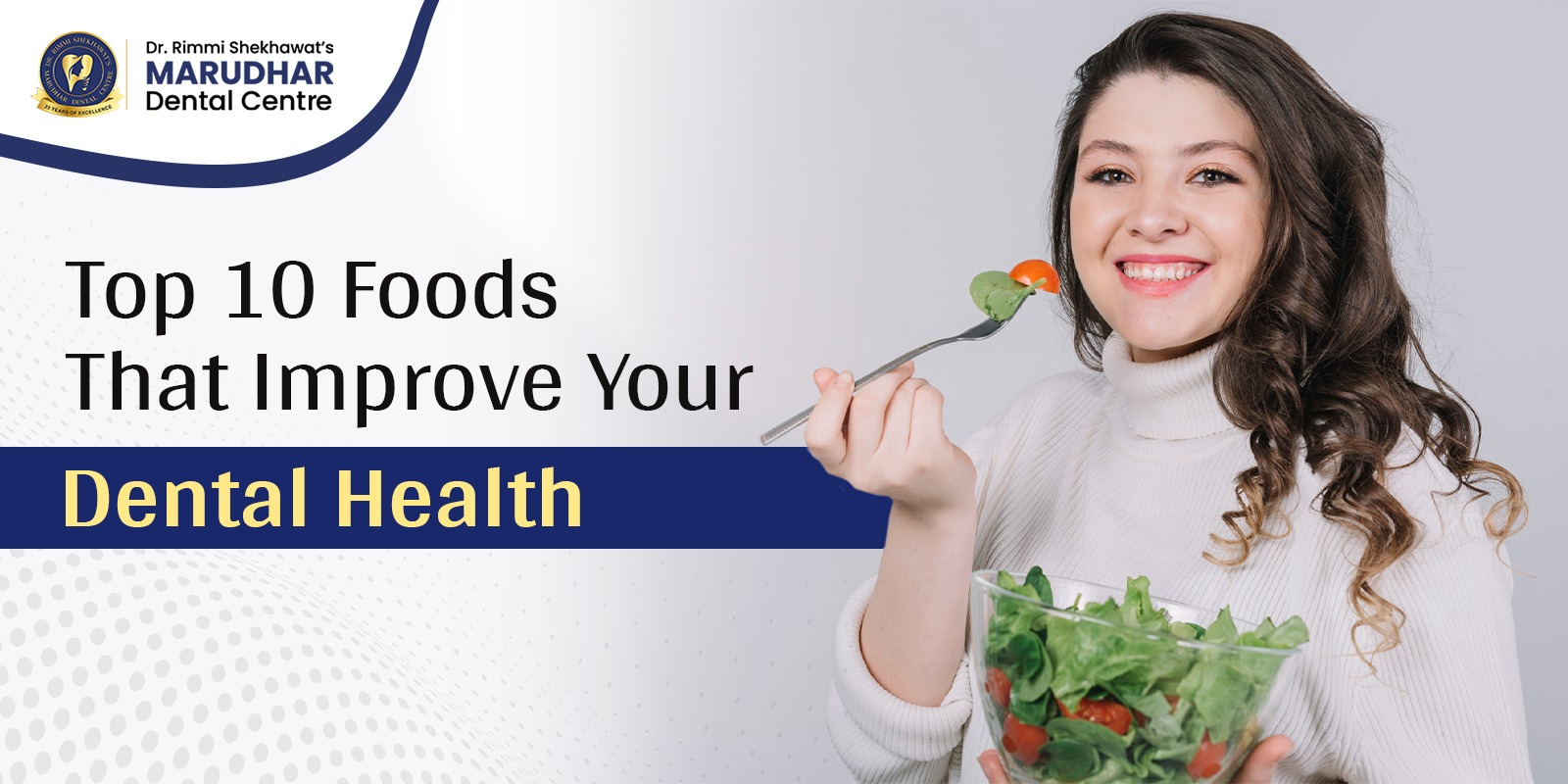Misconceptions regarding dental health often spread because of outdated information, resulting in many to adopt harmful or ineffective practices. Separating myth from reality is crucial for maintenance of healthy gums and teeth. Let’s debunk common myths to offer the readers with facts to achieve better dental hygiene. From sugar-free soda that doesn't harm teeth to brushing teeth harder seems better, all these misconceptions could be misleading. Properly understanding the truth helps in preventing various issues, including gum disease, cavities, and tooth sensitivity, paves a way for strong oral health. Let’s explore some dental myths and make informed decisions to achieve a healthy and bright smile.
Myth 1: Whitening Weakens Teeth
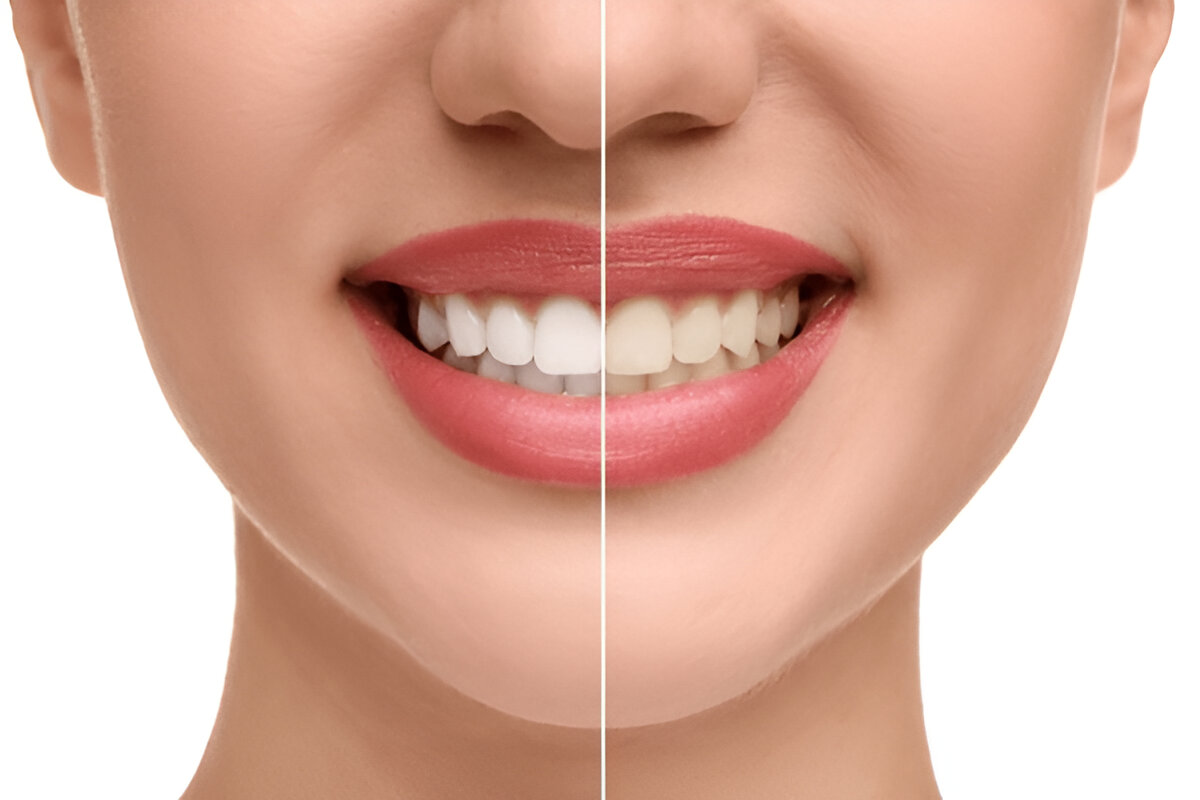
A.The Myth
Teeth whitening serves as a famous cosmetic dental treatment, but it comes with certain misconceptions. One of the most famous myths is that teeth whitening treatment damages the enamel, making the teeth weak and more prone to certain issues, like decay and sensitivity. This myth causes people to avoid whitening treatments, fearing that it would harm their teeth.
B. The Truth
When it is done under dentist’s supervision it is entirely safe, as the treatment is formulated with some ingredients that eliminates stains without harming your teeths. Dentists are trained to do the treatment properly and safely, allowing you to maintain your teeth.
C.What to Know:
Unlike professional treatments, DIY kits possess low concentration of active ingredients, which might make them ineffective. DIY kits lack professional guidance, leading to consequences. On the other hand, professional treatment provides safe and effective treatment along with follow-up tips and care.
Myth 2: Brushing Harder Cleans Better

A.The Myth
Numerous individuals have been taught to be diligent with their personal hygiene, thus leading to a belief that using a heavy hand during brushing would result in spotless teeth.
B. The Truth
Brushing too hard damages the teeth's strong layer and also causes irritation. Due to hard brushing, gums might begin to recede, and start to decay.
C.Proper Technique:
To avoid this make use of soft-bristled toothbrushes, as they are gentle on both gums and enamel, making them a perfect option to use daily.
Myth 3: Sugar Causes Cavities Directly
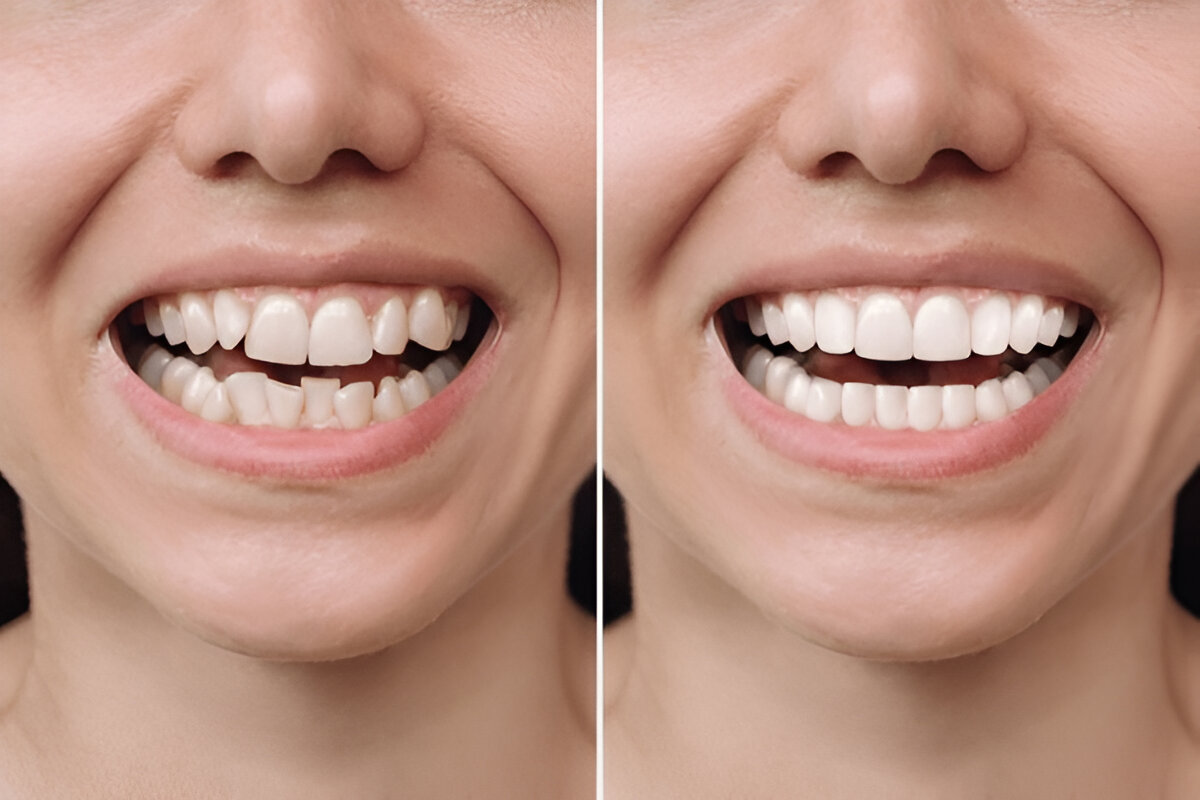
A.The Myth
It’s like that if you consume sugar, you would develop cavities. While it is true that there is a strong link between cavities and sugar, it is not so simple by saying that sugar causes cavities directly.
B. The Truth
Mouth contains various types of bacteria, in which some are harmless, while others lead into cavities. And, when you consume sugary drinks or food, some sort of bacteria in your mouth feeds on the sugar and produces acid. This acid leads into cavities that could erode your enamel.
C.Dental Tip:
So, after consuming sugary items, ensure to gargle with water properly as it washes off the leftover sugar. Brushing also helps in preventing cavities, but you should do brushing after 30 minutes of consuming sugary items.
Myth 4: You Only Need to See a Dentist If You Have Pain

A.The Myth
Many people believe that they don’t require to visit a dentist unless they experience some sort of pain or any problem. A common myth or misconception.
B. The Truth
It seems logical, but many dental problems don’t cause discomfort and pain until they come to a serious stage.
C.Preventative Care:
To protect your dental health, it is suggested to visit the dentist twice a year to achieve better cleaning treatment. These visits serve as a major step in avoiding dental issues.
Myth 5: Flossing Is Not Necessary
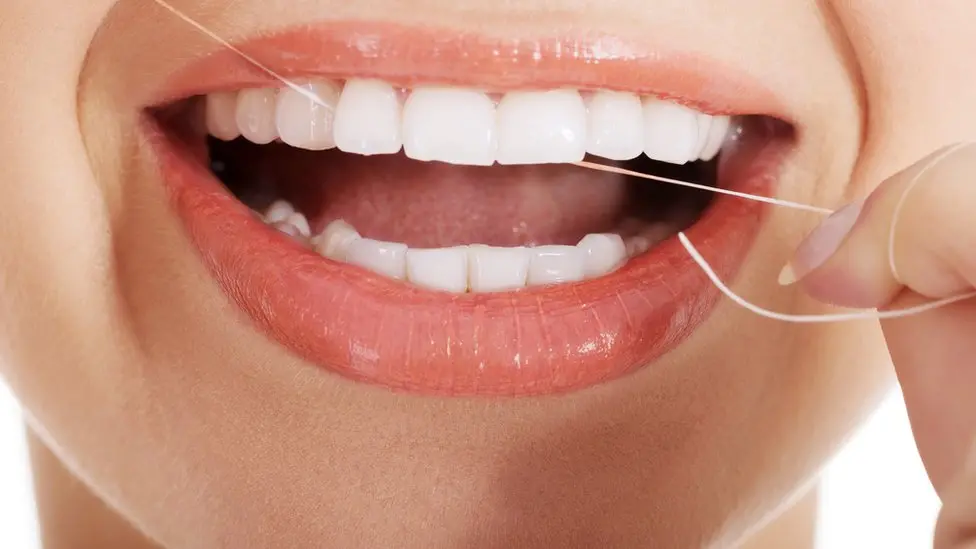
A.The Myth
People believe that only brushing is sufficient to maintain proper dental hygiene. And, flossing is only an extra step that could be skipped.
B. The Truth
But, this myth is wrong, as during brushing you only clean the front, back, and top surfaces of each tooth. Food residues might get stuck in between tooths, where flossing is essential, as you could slide between each tooth to eliminate unwanted bacteria and particles.
C. Proper Routine:
first, select a dental floss that is best for your mouth. Ensure to floss before and after brushing. Don’t rush during flossing, be gentle and make use of appropriate techniques. And, make it a habit to floss at least once in a day.
Myth 6: Teeth Whitening Toothpaste Works Just as Well as Professional Whitening

A.The Myth
There is a myth that whitening toothpaste offers the same result as professional whitening treatments.
B. The Truth
But, this misconception is wrong, as professional whitening toothpaste eliminates surface stains from enamel. On the other hand, whitening toothpastes uses mild abrasives along with some chemicals to eliminate these stains. However, whitening toothpastes don’t go deep down the layers of the tooth, and professional ones could penetrate in deeper layers.
C. Understanding Limitations
Whitening toothpastes enhance teeth appearance, require long-term use, and use low-concenteration ingredients. On the other hand, professional whitening uses more concentrated whitening agents, offers better results, doesn't harm teeths, and lowers sensitivity.
Myth 7: Gum Disease Only Affects Your Mouth
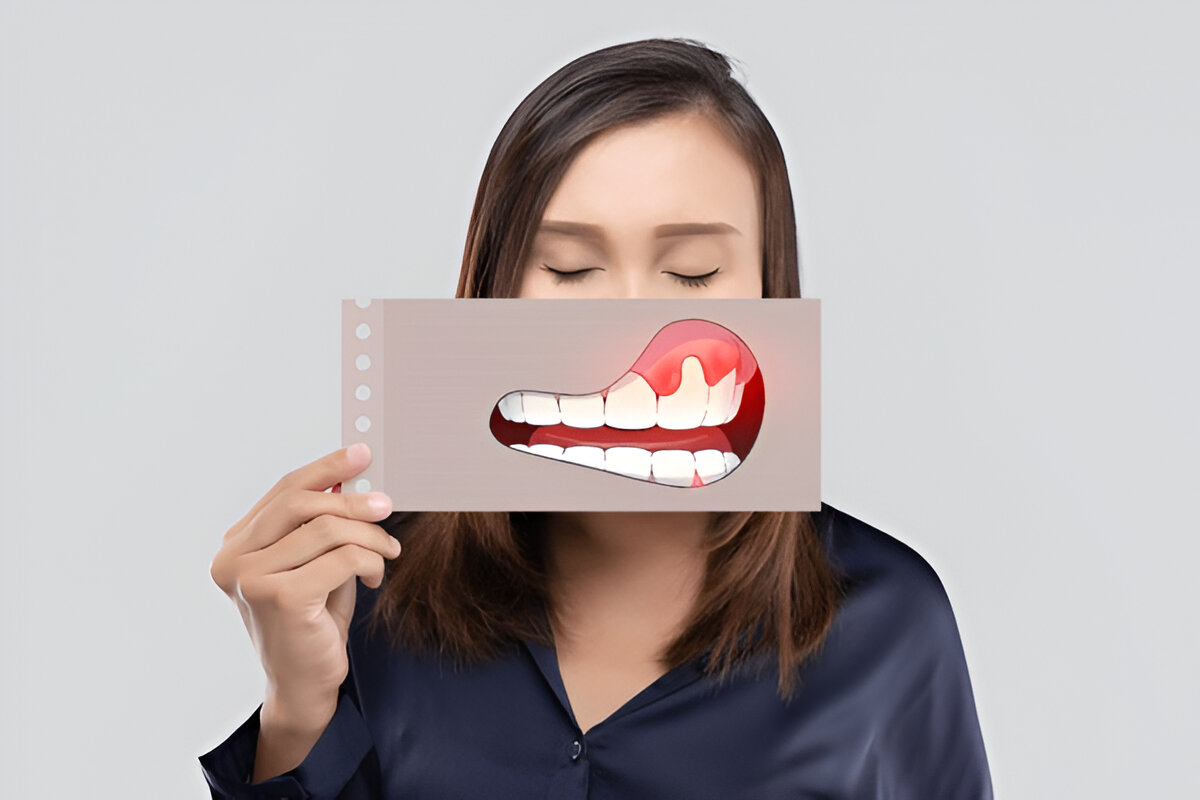
A.The Myth
Various people believe gum disease is only a dental problem, that limits to only teeth and mouth. People assume it rarely leads to bleeding gums, bad breath, or tooth loss if not treated.
B. The Truth
Gum disease poses a connection with other health problems, like diabetes, respiratory problems and others, as the bacteria could enter the bloodstream.
C. Health Connection
Gum health is not only about maintaining a healthy smile, it also plays a major role in maintaining overall health. By taking care of your gums, you could also protect your immune system and heart or lungs.
Myth 8: Baby Teeth Don’t Need Much Care Because They’ll Fall Out Anyway
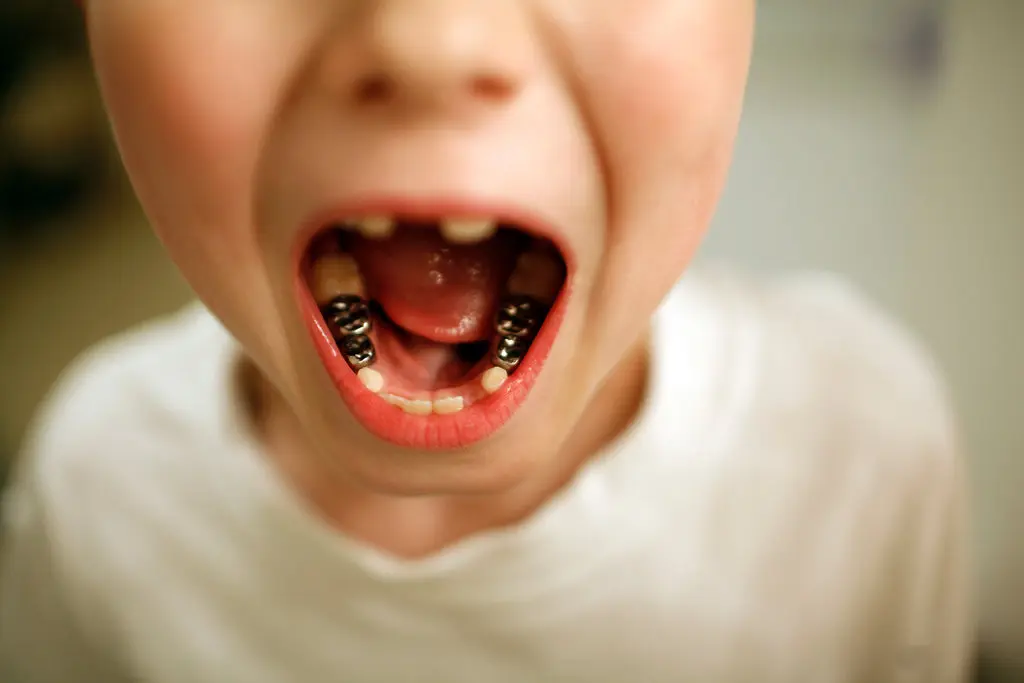
A.The Myth
It becomes easy to assume that because baby teeth would usually fall off to make way for permanent ones, their teeth don’t need much care.
B. The Truth
Baby teeth play a major role in child development, speech development, maintain space for permanent teeth, help in nutrition and chewing, and prevent infections and pain.
C.Tips for Parents
Start early when your baby’s first tooth appears, and encourage your child to brush their teeth twice a day. Make sure to take your child for regular visits.
Myth 9: You Can Use Any Mouthwash for Fresh Breath

A.The Myth
Every mouthwash offers equal benefits to oral health and fresh breath.
B. The Truth
Some mouthwashes only boast of its minty flavors, and its promise of fresh breath seems appealing. However, these mouthwashes not only address underlying causes of bad breath.
C.Choosing the Right Mouthwash:
To get better oral health and to maintain fresh breath, it is mandatory to select a mouthwash that possesses antibacterial properties. And, search for mouthwashes that contain active ingredients, as these ingredients kill harmful bacteria, making your mouth clean and fresh.
Myth 10: Dental Health Isn’t Connected to Overall Health
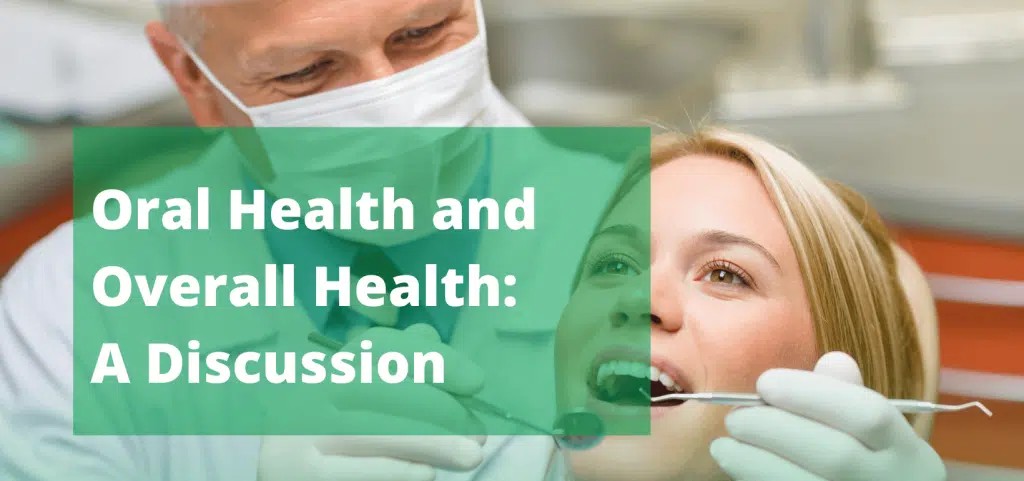
A.The Myth
It is a common belief that dental problems are only confined to the mouth and don’t affect the entire body.
B. The Truth
Poor oral hygiene, if not treated, leads to gum disease that could possess some implications for the entire body.
C.Oral-Systemic Connection:
By maintaining better oral health, you are not only protecting your gums and teeths but also lowers risk of development of other health situations that could affect body’s other areas.
Also Read: Essential Cavity Prevention Tips Everyone Should Know
Conclusion
In conclusion, to understand the facts behind certain common dental myths is crucial for maintaining dental health. All these myths could result in improper care and confusion, but with proper information, you could make better decisions for your gums and teeth. If you possess any concern or doubts regarding your dental care, it would be best to consult with your dentist. With their help, you could achieve advanced advice. Schedule your dental checkup and feel free to discuss with your dentist.



